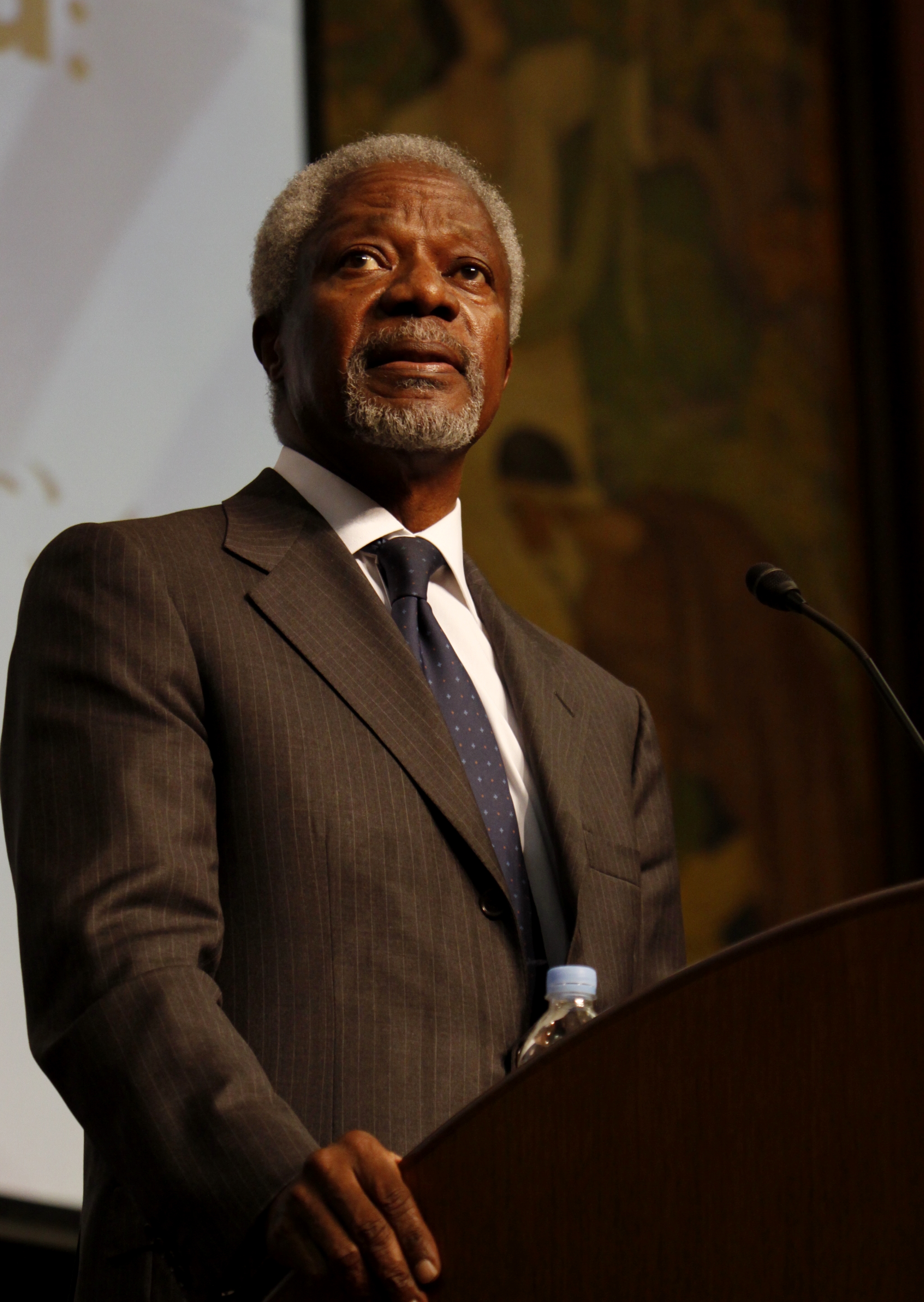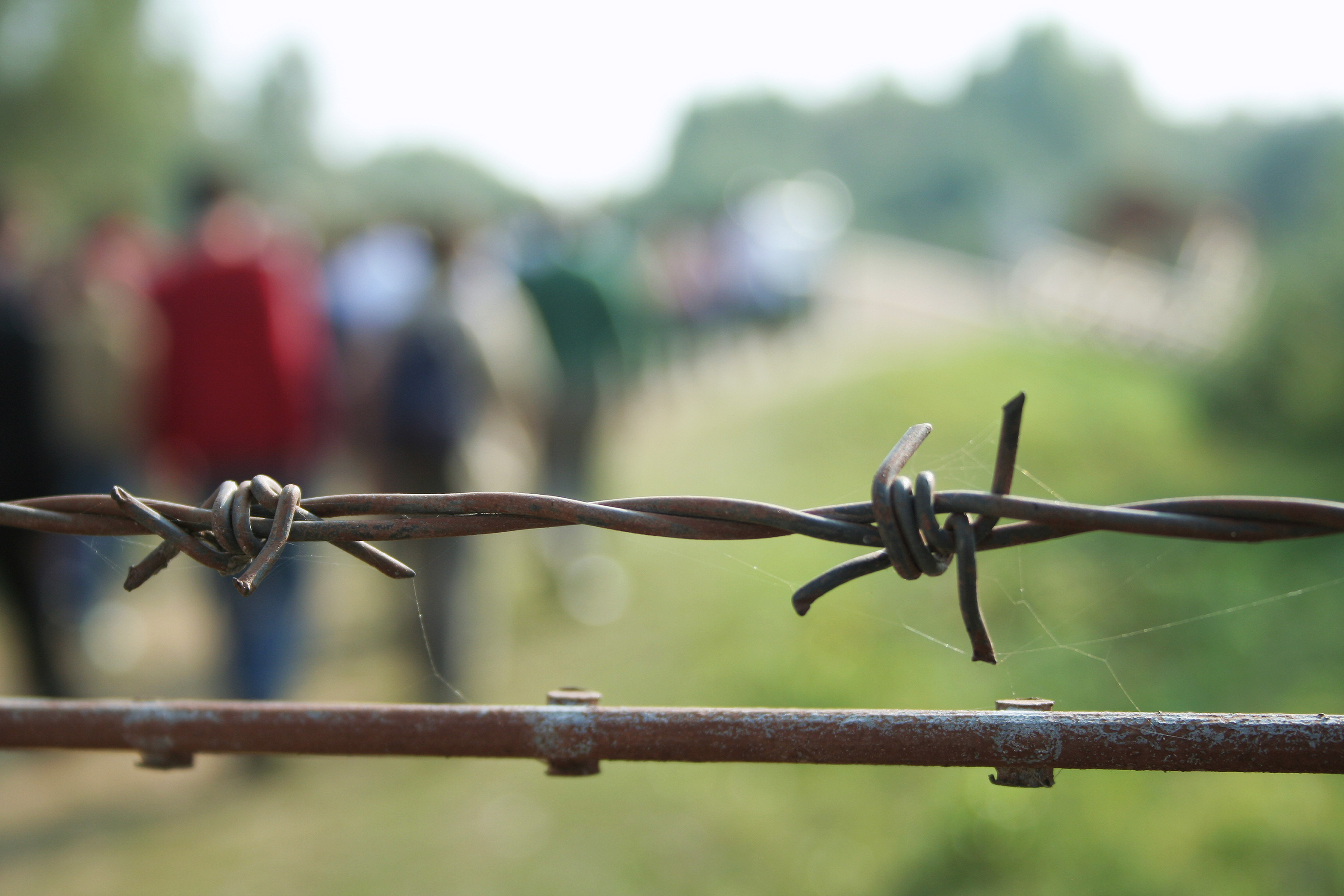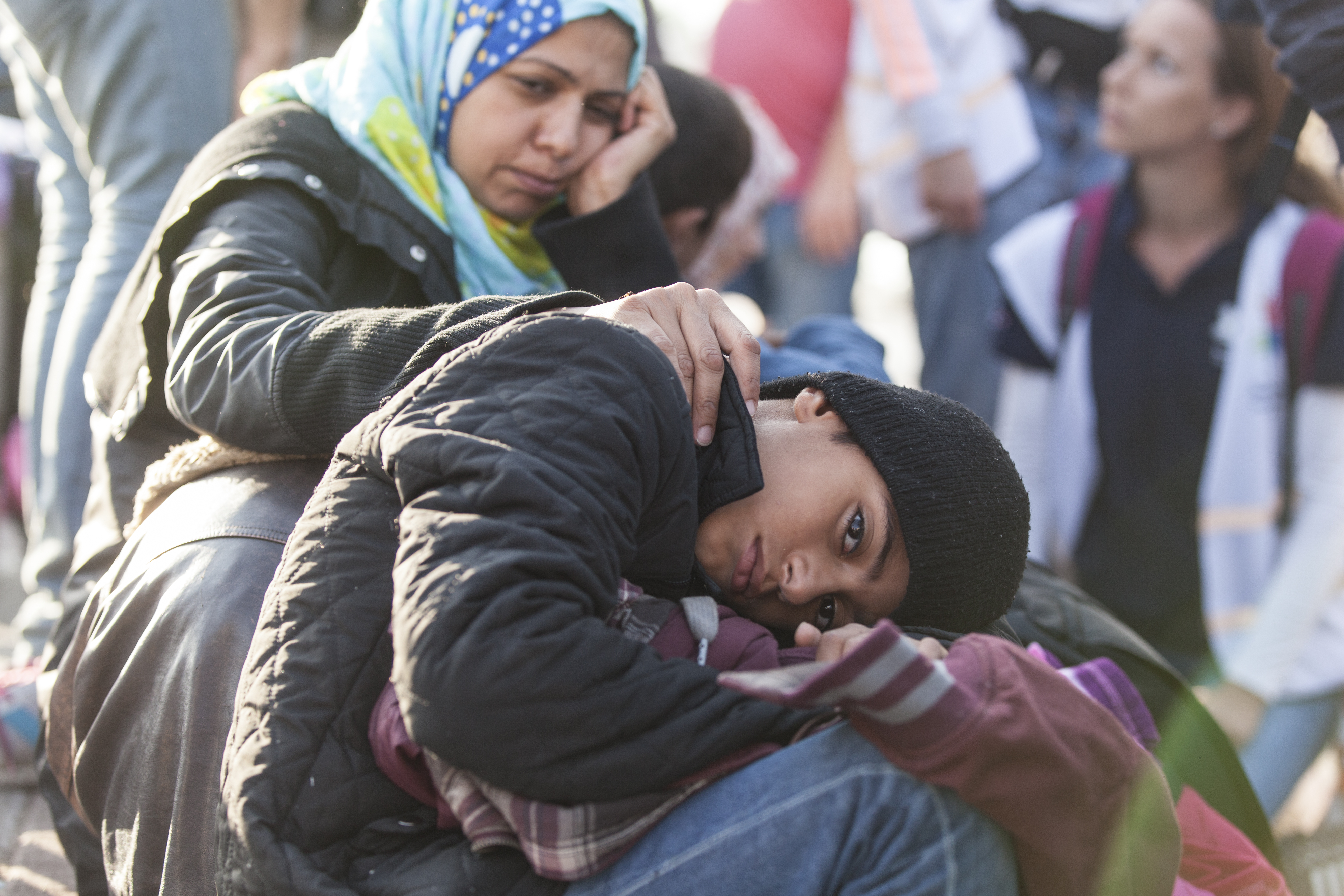Advisory Commission on Rakhine State: Lessons Learned Report
In 2016, the Kofi Annan Foundation and the Government of Myanmar espoused an innovative method to help pave the way for a brighter future for the country’s troubled Rakhine State: The formation of the Advisory Commission on Rakhine State.
After one year of consultations held across Rakhine State and in other parts of the country and the region, the Advisory Commission submitted its final report to national authorities in August 2017. The report recommended urgent and sustained action on a number of fronts to prevent violence, maintain peace, foster reconciliation and offer a sense of hope to the State’s hard-pressed population.
Today’s report does not focus on the recommendations of the now-defunct Advisory Commission on Rakhine State but on how it operated in a highly politicised and complex context. Several aspects of the Commission – including its mixed composition and its establishment as a joint initiative between the Myanmar Office of the State Counsellor and a private foundation – were unique.
Through this report, prepared by the Kofi Annan Foundation with the support of the government of Denmark, we seek to share these lessons in a way that is accessible and instructive for policy makers, academics, and practitioners alike.
About the Commission
At the behest of the Ministry of the Office of the State Counsellor of the Republic of the Union of Myanmar and in collaboration with the Kofi Annan Foundation, the Advisory Commission on Rakhine State was founded in September 2016 as a neutral and impartial body which aimed to propose concrete measures for improving the welfare of all people in Rakhine state. In August 2017, it presented its final report “Towards a Peaceful, Fair and Prosperous Future for the People of Rakhine”. The Commission was composed of six local and three international experts, and was chaired by Kofi Annan.
In its work, it considered humanitarian and developmental issues, access to basic services, legal questions including citizenship and the assurance of basic rights, and security to all people in all communities. It presented its final report and recommendations to the Government of Myanmar in August 2017.



